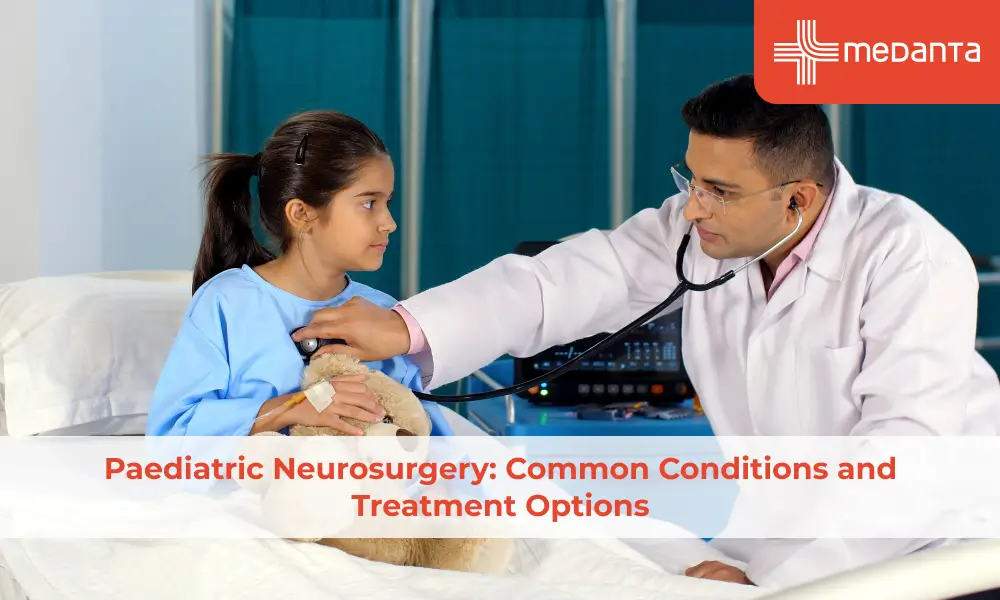When to evaluate for Hereditary cancer – Understanding the risk factors and genetics

While medical conditions and illnesses come in a wide spectrum of variations and threats, few are as deadly and critical as cancer. According to Cancer Research UK, there are more than 200 forms of cancers that have been identified at a global level, and in most cases, they can be related to the organs that they are originating from. There is a wide range of factors that bring forth the onset of cancer in modern man, but if one has a faulty copy of certain gene(s) since birth, then the risk for developing cancer at an early age increases, and they may have a hereditary cancer syndrome.
You may be at a heightened risk of contracting cancer if you have a certain number of people in your family tree who were affected by cancer as well.
In this blog, we would explore the various reasons why something like this happens, what’s the extent of risk that one faces from familial cancer, and what are some of the most common forms of cancers that we would likely experience due to genetics.
Inherited Cancer
Cancer is caused by the genetic mutations that start to take place within a single cell of an individual. These forms of changes and mutations are common in humans, and our body has several mechanisms to correct DNA damages and defects due to environmental factors. At a cellular level, when there is a fault in the genes which control the growth of cells or repair DNA defects the growth of these cells reaches uncontrolled levels.
Since there’s a large variety of cancers that we encounter daily, it wouldn’t be surprising to find a few individuals in every family tree who were diagnosed with one at some point or the other, and while it doesn’t raise the chances of familial cancer automatically, it may be worthwhile to discuss with a clinical geneticist, if there is risk of a hereditary cancer gene in the family.
For instance, a mutated BCRA1 or BCRA2 gene that has been handed down from the parents might massively raise the risks of breast cancer.
Hereditary cancer doesn’t follow a certified trajectory but rather points to the rise in chances of contracting cancer. In other words, it increases the risk from general population risk that the person may develop cancer, but is not 100 percent for their lifetime.
The Element of Risk
When it comes to cancer genetics, the figures are quite substantial. According to the American Cancer Society, the total number of cases that are caused due to genetic factors or inheritance stands at about 5-10% globally. Now, while that may not seem that critical at first, one must also consider the fact that a large number of people get diagnosed with cancer every year, and in such a case, a 10% rank isn’t such a small number after all.
One of the best ways in which one can ascertain whether they have a genetic condition is by undergoing genetic testing for cancer risk. Once the sample has been collected, you can expect the results to arrive within 2- 4 weeks. While ideally, it is preferable to test the person who himself has or had cancer, to reduce the difficulty in interpreting variants of uncertain significance, sometimes we can do a predictive testing if none of the affected family members are available for testing after appropriate pre test genetic counseling.
It must be pointed out that not all individuals need to undergo a gene testing session, but someone who encounters one or all of the following conditions.
- Several relatives with the same or related cancers- 3 or more blood relatives. Greater the number of family members more the likelihood of a genetic predisposition.
- Younger age of onset than is typical (eg, <50 years for adult-onset cancers)
- The autosomal dominant pattern of cancer- However, there could be variable penetrance or presence of sex-limited (eg. Ovarian or prostate) or sex influenced (eg. Breast) cancers.
- Presence of rare cancers
- Excess of multifocal or bilateral cancers- Multifocal is the presence of more than one tumor within the same organ. Bilateral is when the tumor has occurred in both paired organs.
- Excess of multiple primary cancers- Cancer survivors are at increased risk for developing additional malignancies
- Presence of other nonmalignant features- Certain cancer syndromes are associated with benign tumors or other physical characteristics- large head size in PTEN Hamartoma syndrome, congenital hypertrophy of retinal pigment epithelium (CHPRE) in FAP.
- Absence of environmental risk factors
Some of the different types of cancer that can establish themselves through inheritance are as follows.
- Pancreatic Cancer.
- Ovarian Cancer.
- Colon Cancer.
- Breast Cancer.
- Melanoma (a form of skin cancer).
While this list is not exhaustive, it does give you a fair idea regarding the scope of hereditary cancer genetics. An oncologist is the doctor responsible for diagnosing and treating cancer, and a clinical geneticist can help you understand if you are at risk of inheriting a hereditary cancer-related gene.
Final Take
Hereditary Cancer is a phenomenon that affects a large number of people all over the world, and timely diagnosis and early screening can help in detecting cancer in the early stages, allowing more effective treatment. If you are someone who is facing a similar situation as well, visit Medanta today to get a thorough checkup, one that you help you understand the threat that you are facing. Explore the future of healthcare with Medanta today.






